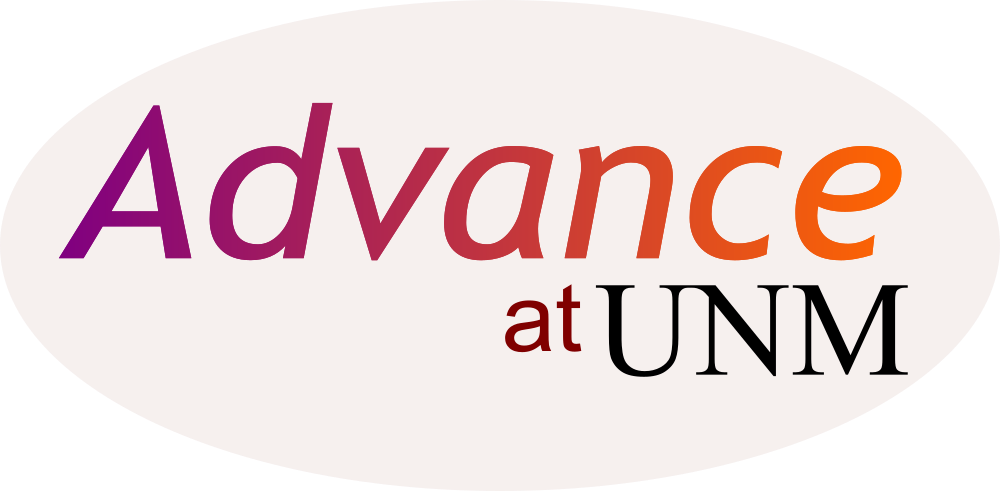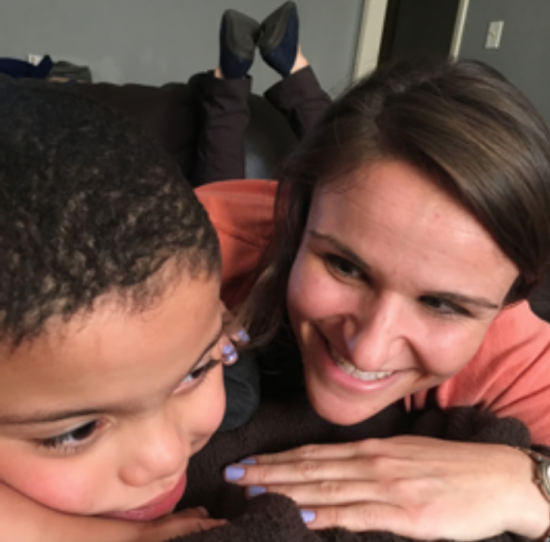UNM professor aims to train more special education and speech-language professionals to help children with autism in NM
Dr. Cindy Gevarter, an assistant professor in the Department of Speech and Hearing Sciences at UNM, recently was awarded a grant for $830,000 to create Project SCENES– a program dedicated to increasing the number of special education professionals and speech-language pathologists (SLPs) working in New Mexico who focus on social communication interventions for children with autism spectrum disorder (ASD).

![]()
The project supports graduate students in UNM’s Special Education and Speech and Hearing Sciences departments who are interested in working with children with autism. The program is funded by the U.S. Department of Education Office of Special Education Programs and has welcomed its first cohort of seven graduate students who started in the Fall 2021 semester.
Gevarter said she was inspired to create the program after “seeing the need for more collaboration and understanding between professionals who work with young children with autism.” Thus, Project SCENES seeks to provide interprofessional training to individuals who will be working with young children with autism in New Mexico.
“The prevalence of ASD has continued to increase. Current estimates suggest 1 in 44 children have ASD,” Gevarter said. “Early intervention is critical for improving social communication outcomes of children with ASD. In New Mexico, there are shortages of early intervention providers, preschool special education teachers, and SLPs who have specialized knowledge of ASD.”

“Based on my knowledge and experience, I reached out to Dr. Susan Copeland, co-director of Project SCENES, in UNM’s Special Education Department to discuss a collaborative training grant between our two departments,” Gevarter said.
From this, Project SCENES was born. The program focuses on interventions that are not only evidence-based, but are also “developmentally appropriate naturalistic models that consider cultural and familial needs.”
“The emphasis on collaboration during pre-professional training also aims to increase the likelihood that our SCENES scholars will have the skills necessary to collaborate with other professionals in their future roles,” Gevarter said.

In addition to taking specialized coursework, SCENES scholars will participate in UNM’s Center for Developmental Disabilities LEND (Leadership Education in Neurodevelopmental Disabilities and Related Disabilities) program. They will also get to put their skills to the test by participating in community-based practicums and clinical placements involving children in early intervention (ages 0 to 3) or in preschool settings (ages 3 to 5).
“They will also work with children between the ages of 2 and 4 as part of a collaborative summer clinic at the UNM Speech and Hearing Sciences Clinic under the supervision of UNM clinical instructor Mary Hartley. During the clinic, they will also have opportunities to work directly with parents,” Gevarter said.
Erin Gallegos, a first-year graduate student in the Speech and Hearing Sciences Department who is seeking a degree in Speech-Language Pathology, is part of the first cohort of students.

“I was attracted to Project SCENES because I am passionate about working with children with autism,” Gallegos said. “The grant also allows for collaboration with other professionals who work with kids with autism, such as the special education students in my cohort. I also appreciate that Project SCENES is multifaceted, with emphasis on clinical experience as well as advocacy.”
Gallegos said Project SCENES is important because there is always a need for autism-specific intervention providers, especially in an under-resourced state like New Mexico.
“The training that this program provides is sure to help meet this need. Additionally, collaboration between clinical professionals and educators is so important when working with children with autism. Sharing of knowledge, expertise, and strategies can have a huge impact, especially since so many children with autism present with diverse symptoms and behaviors.”
Gallegos has completed one semester of Project SCENES and said it has been a great experience so far.
“I think that the experience of working in an interdisciplinary environment has been and will continue to be very valuable to my education. The additional coursework with an emphasis on autism has continued to give me more knowledge to build a clinical practice on.”

